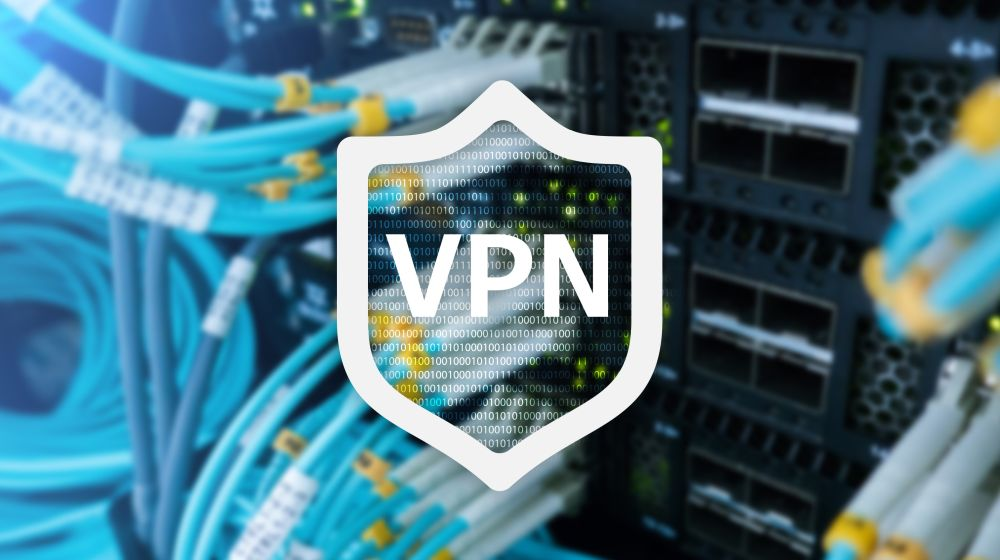Paid vs. Free VPN: Which Should You Choose?
Virtual Private Networks (VPNs) provide unrestricted access to any content online, while also allowing you to hide your IP address and encrypt your traffic to protect your confidential data from third parties. Using private VPN servers helps bypass strict government internet regulations and censorship. In this article, we’ll focus on the practical facts for those who want to maximize the protection of their personal data. You’ll find the answer to one of the main questions about VPNs: should you choose a paid or a free VPN?
What to Expect When Using a Free VPN
- Limited number of servers. Free VPN services have much smaller infrastructures compared to paid ones. You’ll often encounter overloaded and poorly protected servers used by thousands of other users.
- Traffic restrictions. To reduce server load, free VPN providers often impose strict limits, such as capping your connection time or the amount of data you can use.
- Low connection speeds. High demand on free servers leads to slow streaming and browsing. Watching your favorite movies or shows in high quality may be impossible.
- Your logs may be sold. Most free VPN providers make money by selling user data. In their business model, your personal information is the product.
- Data leaks during connection drops. Overloaded and unstable free servers can cause frequent disconnections. Without a kill switch feature, your data may be exposed to your ISP or third parties.
- Unprotected DNS requests. Third-party DNS servers can collect personal data that can be used to identify you.
- Ads, ads, and more ads. Advertising is the simplest way for free VPNs to make money, but it can seriously ruin your anonymous browsing experience.
- Weak encryption. Outdated IP-masking and traffic-mixing algorithms used by free VPNs create vulnerabilities in your privacy protection.
- Outdated protocols. Free VPNs often use old encryption protocols that struggle to bypass blocks on popular apps and websites.
Why Paid VPNs Are Better Than Free Ones
- Large number of servers. Paid VPNs invest heavily in infrastructure, offering thousands of servers and hundreds of locations worldwide.
- Unlimited traffic. With less server load and higher bandwidth, paid VPNs don’t restrict your usage.
- High connection speeds. A wide selection of servers and locations lets you choose the fastest option for streaming or downloading high-quality content.
- Split tunneling. Paid VPNs support split tunneling, allowing you to encrypt traffic on specific devices or apps while keeping other local devices directly connected to the internet.
- Anonymous DNS servers. Paid VPNs use their own anonymous DNS servers that don’t store personal data that could identify you.
- Kill switch support. If your connection drops unexpectedly, all traffic is instantly blocked, keeping your data protected.
- No collection of confidential data. Paid VPNs offer transparent policies and collect minimal technical information that doesn’t identify you as a user.
- Support for OpenVPN protocols (TCP and UDP). Modern protocols ensure access to any site, app, or online service blocked by governments.
- Strong encryption. Paid VPNs use AES-256 encryption (Advanced Encryption Standard), the same standard used by the U.S. government to protect classified information. It effectively hides your real IP address, prevents traffic interception, and blocks unauthorized access to your local devices.
- Complete data security. Advanced protection mechanisms in paid VPNs prevent your personal data from leaking to third parties or your ISP.
Conclusion
Free VPN services can help you try out the basic benefits of VPN technology, but you’ll end up paying with your personal data, which could be exposed to third parties or your ISP under various circumstances. A well-protected paid VPN requires a financial investment but guarantees confidentiality and high connection speeds. For users who need anonymous web browsing almost daily, a paid VPN is the clear choice. Free VPNs are only suitable for those who rarely use such technology. Using a free VPN on a regular basis is a bad idea—you risk much greater financial losses than the cost of a quality VPN with AES-256 encryption, OpenVPN protocol support, and anonymous DNS.



